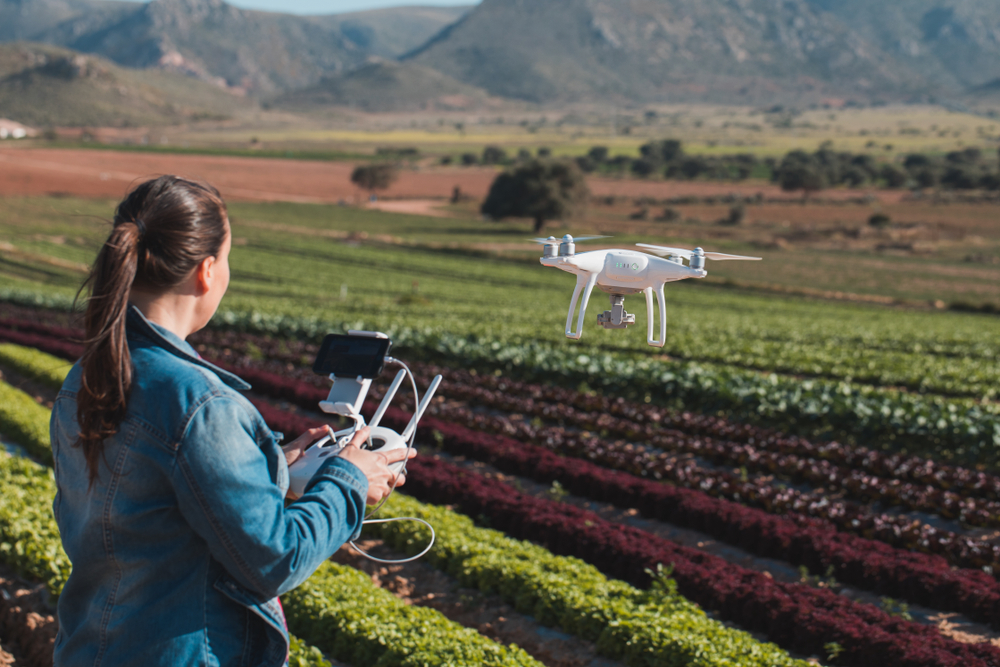
Sustainable food systems: One more TIA report by the Committee of the Regions with the support of ESPON
News articles
October 17, 2023
Territorial Impact Assessment on sustainable food systems was conducted recently by the Committee of the Regions with the support of ESPON. The findings were published in a report that you can find at the end of this article. For the first time, the concept of “rural proofing” was tested in the context of territorial impact assessment.
Over the last few decades, it has become increasingly clear that European food systems need to be transformed to become more sustainable, in light of the increased impacts of climate change and the biodiversity crisis.
Transitioning to a sustainable food system has the potential to deliver environmental, health, and societal advantages, generate economic prosperity, and steer our recovery from the crisis towards a sustainable trajectory. Thus, the Farm to Fork Strategy has launched numerous individual actions, which shall contribute to the reduction of greenhouse gas emissions, preservation of biodiversity and rural livelihoods. However, it is enough to be able to mainstream sustainability in all food-related policies and strengthen the resilience of food system. For this reason, the Farm to Fork Strategy has foreseen adoption of a horizontal framework law at the EU level - the Commission's proposal for this framework law is expected during the autumn of 2023.
As a response to these developments, the European Committee of the Regions (CoR) already adopted an Opinion “Legislative framework for sustainable food systems” in may 2023, noting that cities and regions have a key role in shaping "food environments”. In addition, the CoR currently is in a process of analyzing early provisional proposals on the Framework law from the European Commission in order to better prepare the future Opinion on the actual Legislative Framework law for sustainable food systems. In order to substantiate the analysis with evidence, the CoR carried out ex-ante territorial impact assessment (TIA) with the support of the ESPON 2030 Programme. The findings of the TIA are published in a report.
The analysis indicate mostly positive territorial effects, for instance, when it comes to food poverty, it is estimated that due to the new Framework law provisions, 40% of European regions would experience a very high positive impact, where the majority of regions with a high or very high positive impact are considered to be rural regions.
However, it was also detected that the Framework law may be perceived as an administrative burden for local governments as well as entrepreneurs, thus improving the resilience and sustainability of the EU food system is not just about the EU prescribing what must be done ("hard" policymaking) but also about the EU providing guidance and help to the Member States and local and regional governments. For instance, urban centres may need advise on how to connect with local farmers with the aim of creating functional areas for sustainable food systems, e.g through territorial development and land use strategies. Likewise, small administrations may have the knowledge and experience but may be lacking capacities to implement the policies on the ground, and cooperation in terms of urban-rural exchange on administrational level is required.


